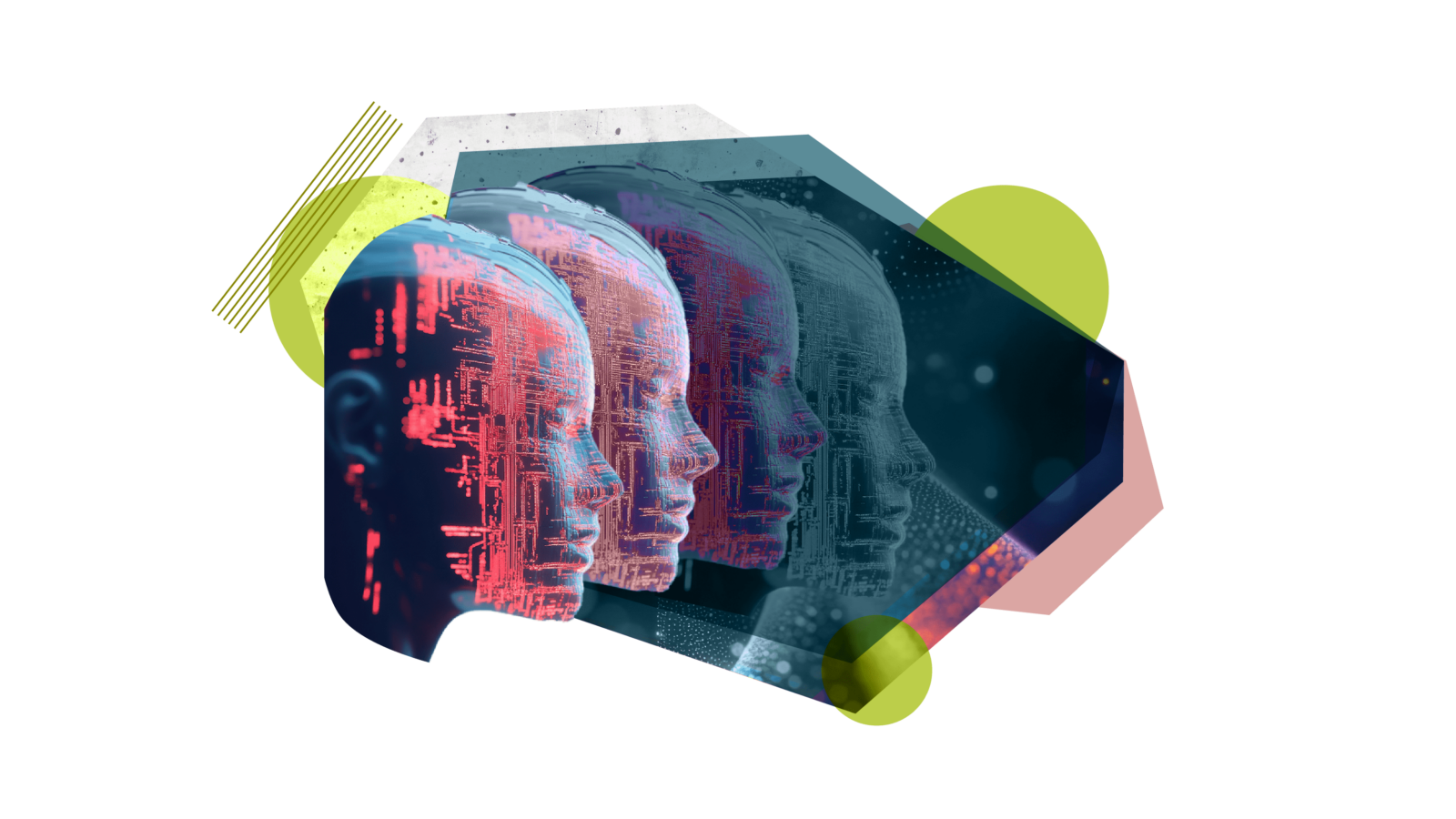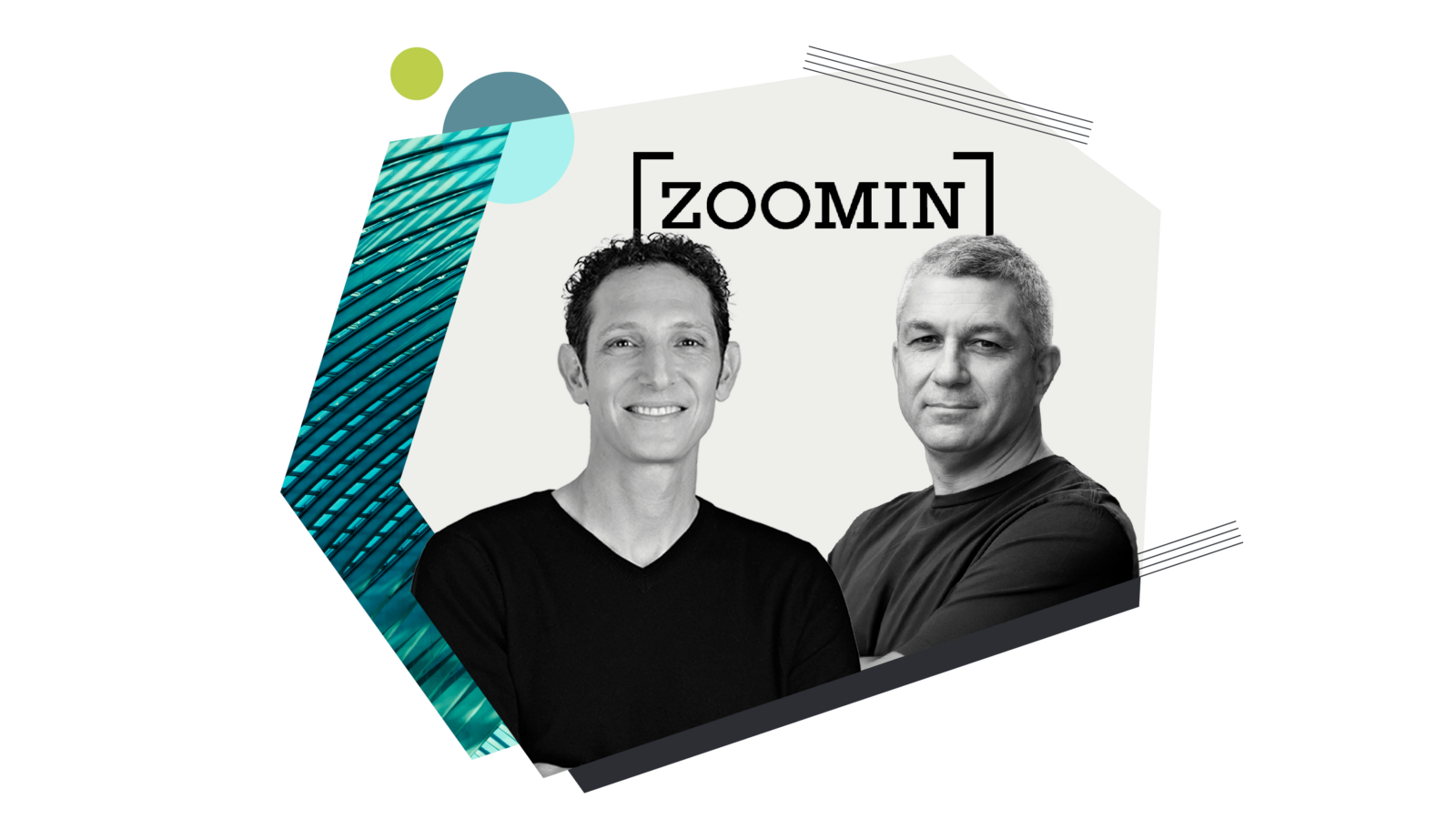From Memo to IPO: Toast takes on the US restaurant industry
A founding team’s unmatched product chops and obsession beats conventional wisdom
The phone rang.
Steve Papa, the brilliant founder of Endeca, an innovative data startup acquired by Oracle for over a billion dollars, had a characteristically blunt piece of advice: three of his best people were leaving and I would be “a total moron not to invest in them.”
“Uh...what are they building?” I asked.
“It doesn’t matter.” Click.
I wasn’t ready to invest but offered Steve Fredette, Aman Karang and Jonathan Grimm, the empty office next to mine...plus unlimited snacks.
I couldn’t have known that the three would soon found one of the largest exits in Bessemer history, but right away I knew they were different. They focused on “building shit” that customers needed, business model be damned. Most entrepreneurs stick to a Silicon Valley script with slides that go up and to the right. If this trio had slides I never saw them. They would openly argue in front of me unafraid to show the angst most founders try to hide from VCs.
They became part of our office family, joining us for summer backyard parties where we’d chat about their latest prototype efforts. It was the most fun I ever had getting to know a team.
Search for product-market fit
I didn’t hide my disappointment at their first real idea — a tool diners could use to order from their phones while sitting at a restaurant. I pushed back as I had seen others fail at exactly this. Integrating with notoriously brittle restaurant software was a nightmare. And even if they pulled that off, what could restaurants afford to pay? It was hard work for little value.
Weeks later, they told me they were changing direction. I was relieved. Pick something easier. Build another database maybe. Anything that gets them away from the terrible restaurant point of sale (POS) ecosystem.
“We’re gonna build our own POS,” Steve said with a smile, like it was obvious.
I felt like screaming. “The three of you are going to build a system to replace a forty-year old software stack with thousands of required features? A system that needs to work every minute of every day or else risk putting a restaurant out of business???”
“You like it?” they asked.
No. No I didn’t. I gave them a 10% shot at a viable product and no chance at a go to market.
A few months later, Aman asked me to meet them at a coffee shop near our office. He asked me to order a cup of coffee and watched me like a lab rat as I received my cup.
“See? We did it.” Aman said.
I thought it would take them years to build a working POS. They did it in months. Leveraging Android, hidden in Apple’s shadow at that time, was a stroke of genius that opened up a variety of cheaper hardware options and gave Toast control over the operating system.
Through sheer willpower they had already convinced several local restaurants to sign on.
Still, the business model was DOA. Convincing restaurants to switch to a startup’s system, even one with significant benefits, took serious effort, and restaurants couldn’t pay much for software. I declined to invest, again.
Cracking the business model
Months later, Aman and I grabbed breakfast. He was excited. In response to restaurant frustration that POS systems were often out of sync with payment systems (a longstanding issue, not a Toast-specific problem), the team had built payments into their product.
If they had bothered to ask a VC first, they would have been told that this wasn’t done — given the risk and complexity involved with payments and that they should just stick to software blah blah blah.
Thankfully they ignored conventional wisdom, and thankfully I had the presence of mind to do the math. They were making real money on payments and the product experience was significantly improved.
Toast had gone from being a great product with a mediocre business model, to an amazing product with an incredible business model. Not lost on me was the fact that they were also addressing one of the largest business verticals on the planet.
I immediately called my mentor at our firm, Felda Hardymon. "I made a massive mistake not investing in Toast,” I said. “It could be one of the best companies I've ever seen.”
“So hand them a term sheet today, and every time you see them until they accept it,” Felda said.
It took a while, but the team finally let us invest. Our investment memo for Toast’s first institutional round which we led in 2015 said the only thing that ever should have mattered: “We believe this is the best product team in the restaurant POS space.”
Taking care of customers
The years since have seen the company grow from hundreds to tens of thousands of customers. Product obsession fueled Toast’s expansion into ordering, delivery, inventory, novel hardware for table-side service, and essentially every aspect of restaurant life. They even built their initial product concept — ordering and paying at the table using the phone — table stakes for many restaurants with social distanced dining.
The bold move to integrate payments set the stage for subsequent extensions into areas formerly off-limits to software companies including pioneering moves into payroll and lending with plans for more on the horizon.
CEO Chris Comparato joined right before we invested and helped the team double-down on its focus on customer-success. Chris simply refused to let Toast customers fail. As Chris says, “We grow as our restaurants grow.” Chris’ obsession with customers’ success remains a driving force behind the company.
Over the years Toast has assembled one of the strongest teams we’ve ever seen at Bessemer. It’s a long way from the days when the three founders were arguing loudly in our offices while putting a sizable dent in our snack closet.
But much hasn’t changed. Their obsession with building products that matter. The north star of customer success. Their disregard for conventional wisdom when faced with customer needs.
And how lucky I feel to have been invited along for the ride.




